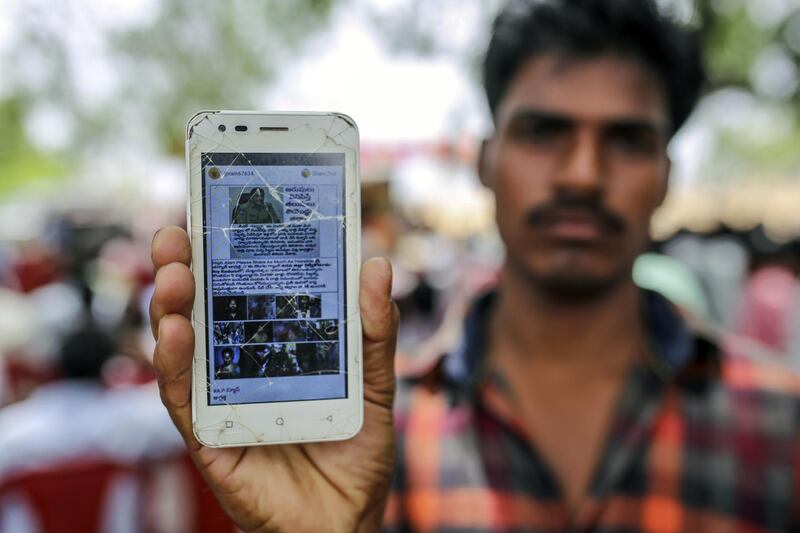The battle over fake news and data privacy engulfing Facebook, Twitter and other tech giants has taken a decidedly bloody turn in India. Since May, more than a dozen innocent people have been lynched after rumours of people and organ trafficking flooded WhatsApp, the messaging platform that counts India as its largest market.
In some ways, the problem is specific to India, which is battling a rape crisis that has shocked the world. Meanwhile, many worry WhatsApp abuse will rise ahead of next year’s general elections. Internet penetration has been incredibly fast in the country, which will soon have half a billion internet users and more than 200 million WhatsApp users. It is rural communities, where first-time internet users fail to identify fake news, that have seen the worst violence.
However, it echoes the deadly anti-Muslim riots that swept Sri Lanka in March after violent messages inundated Facebook, WhatsApp’s parent company. Then, as now, the platform was slow to take action.
Ultimately Facebook and WhatsApp cannot evade responsibility when their platforms accelerate loss of life.
Technological problems are best met with technological solutions. With WhatsApp looking sluggish, the response of some overwhelmed Indian authorities has been rudimentary. In the northeastern state of Tripura, “rumour busters” were dispatched to villages to caution against fake news – one such individual was himself brutally attacked.
In addition, WhatsApp's end-to-end encryption – which guarantees user privacy – makes it harder to isolate perpetrators. Privacy is important and increasingly valuable, but it should not come at the expense of human life.
There are clear steps that WhatsApp could take. The platform should educate its users about spotting fake news. It should quickly denounce violence of this kind when it arises. It should encourage users to report inflammatory rumours to authorities.
The platform has already announced its intention to reveal when messages are forwarded, rather than original. It is a positive step, but further pressure should be applied to encourage WhatsApp to devise innovative solutions.
In the Indian state of Assam last month, two tourists stopped their motorcycles to ask for directions – and were beaten to death. Currently a dangerous precedent is being set. It is time for WhatsApp to step up to tackle the bloodshed its platform is exacerbating.





